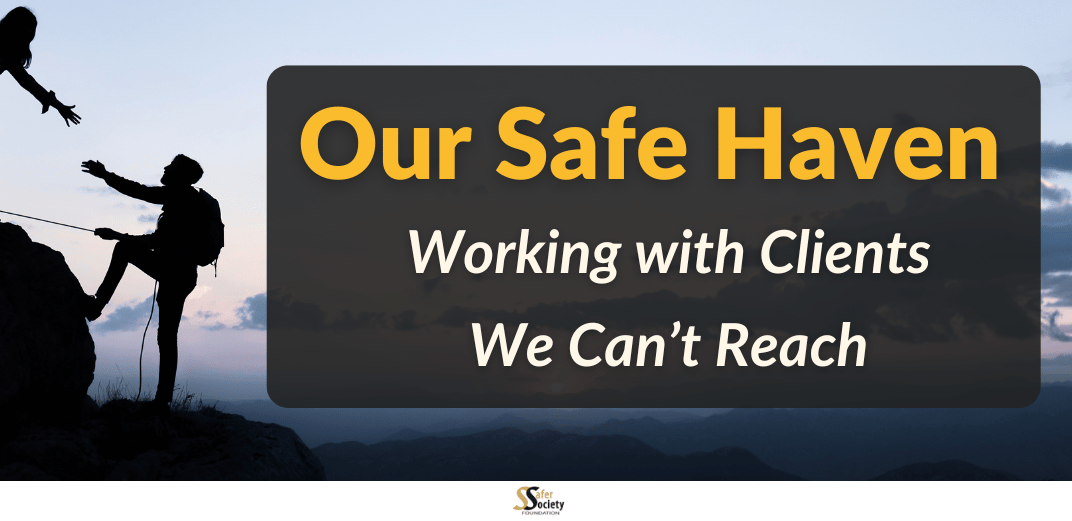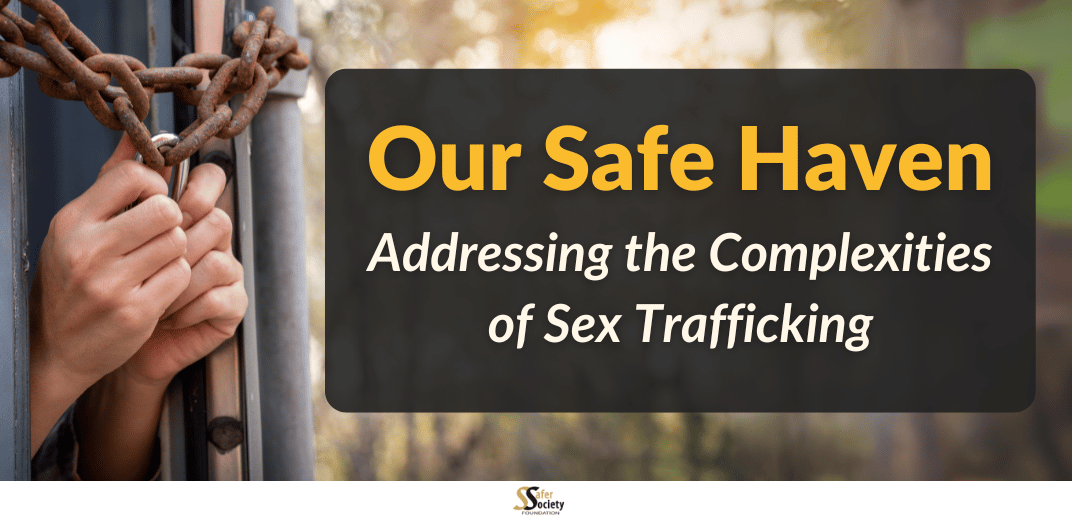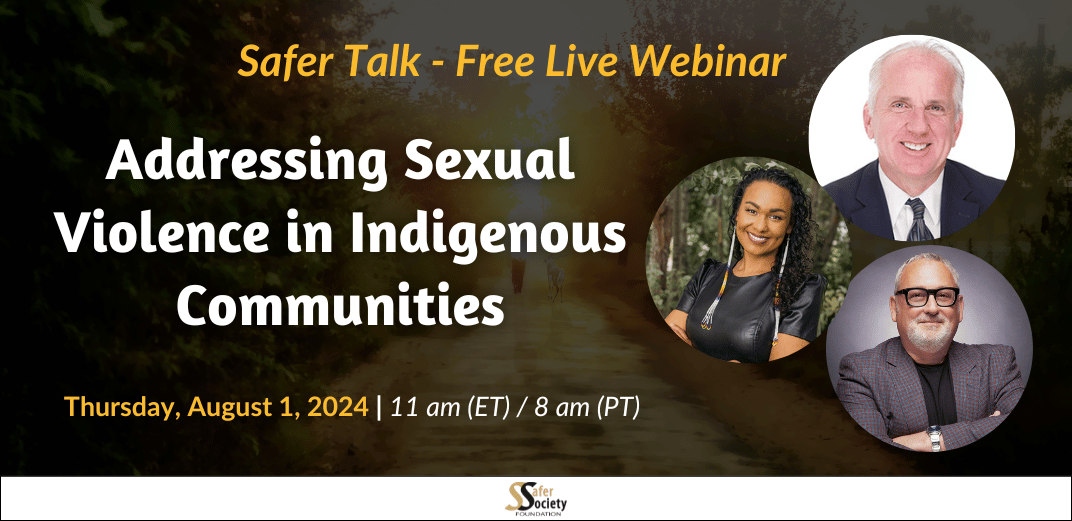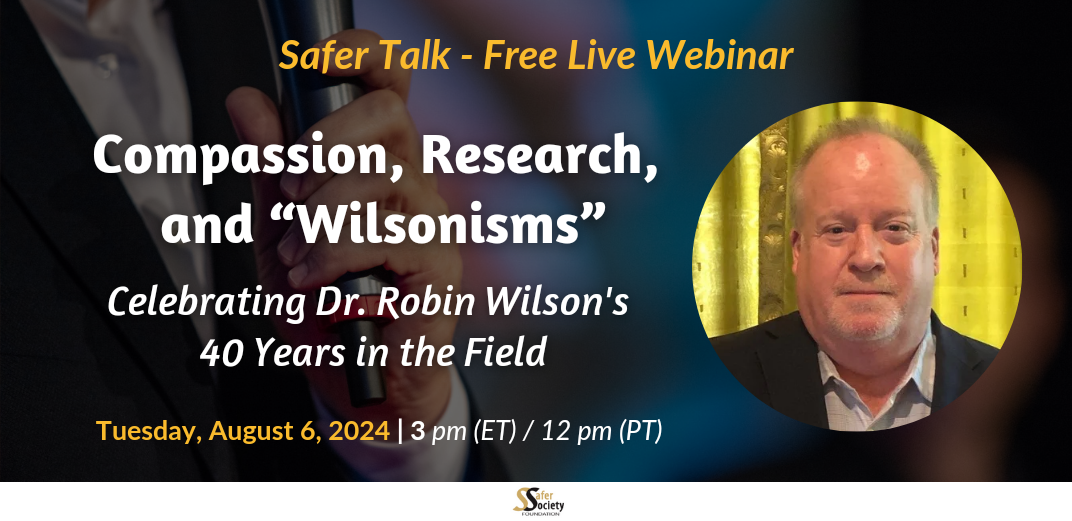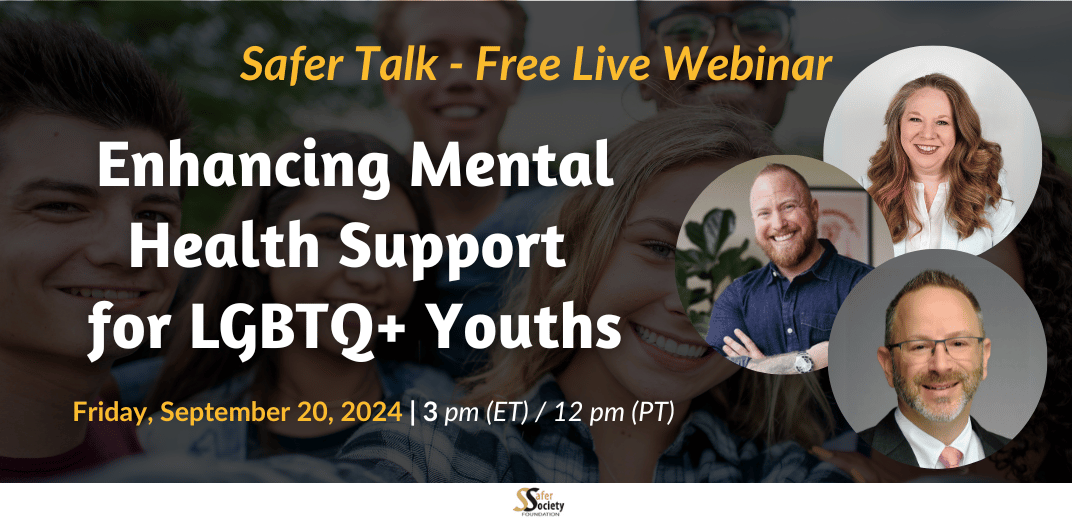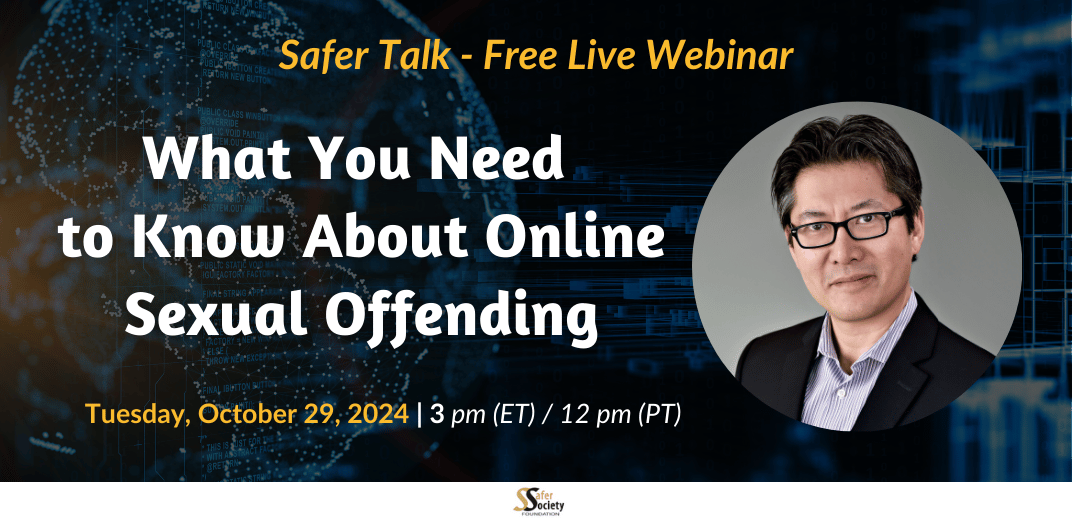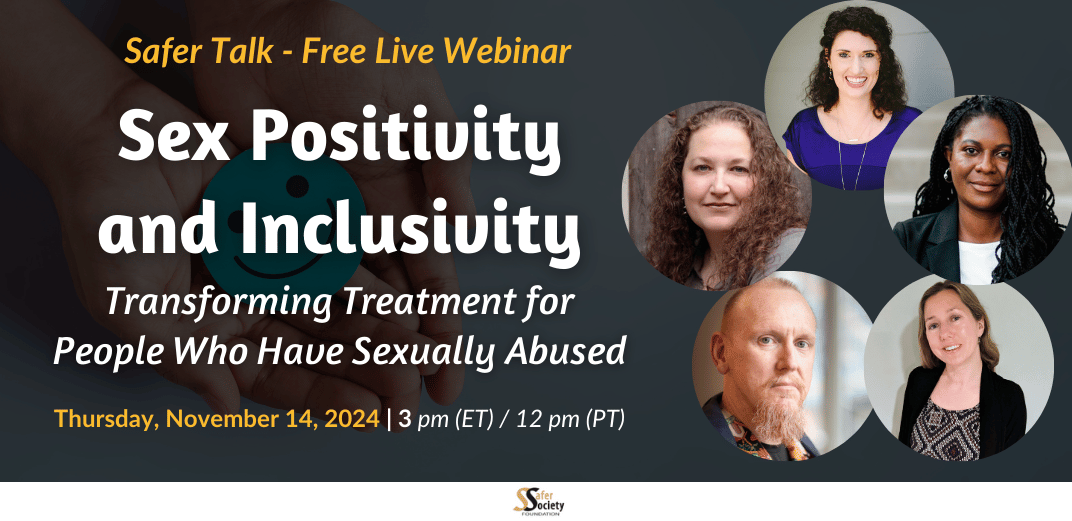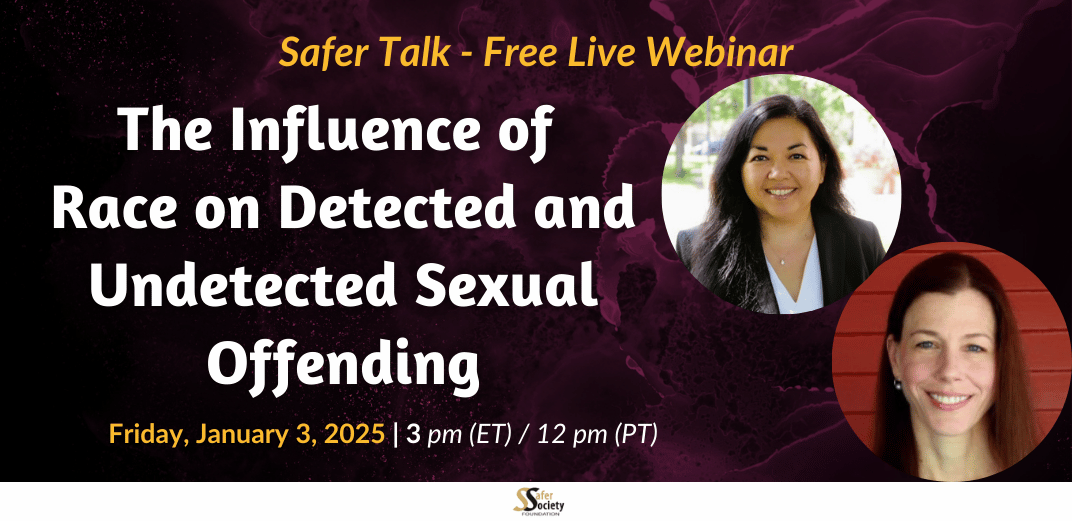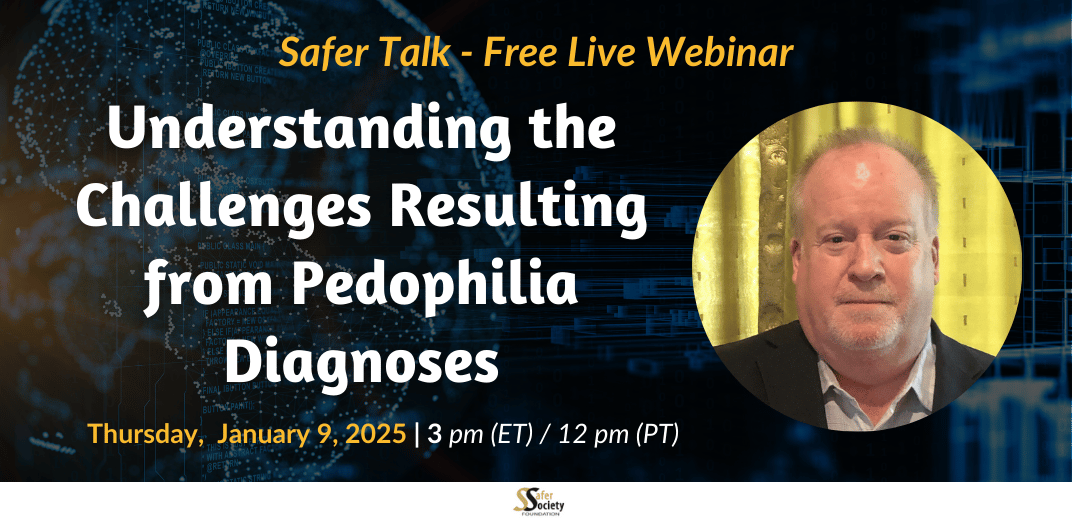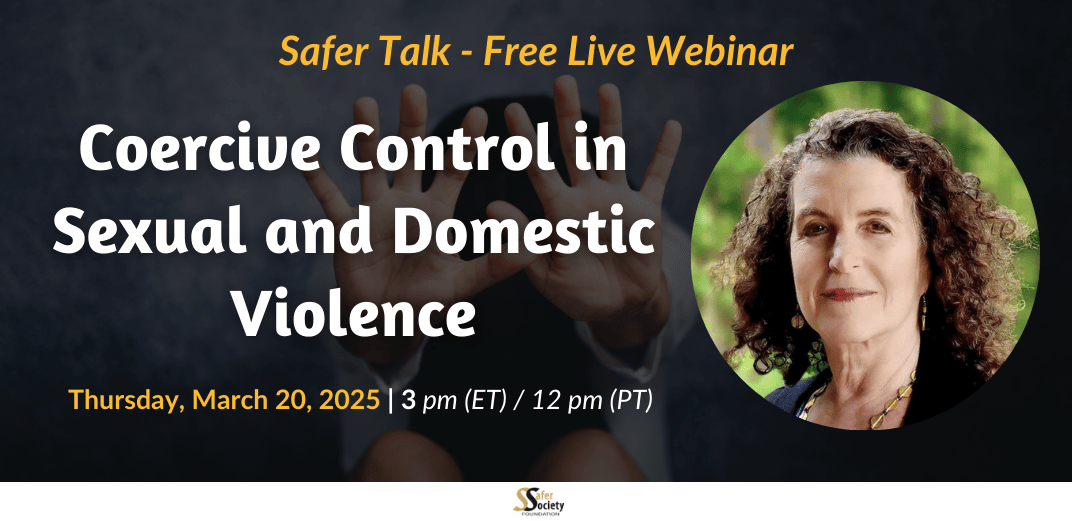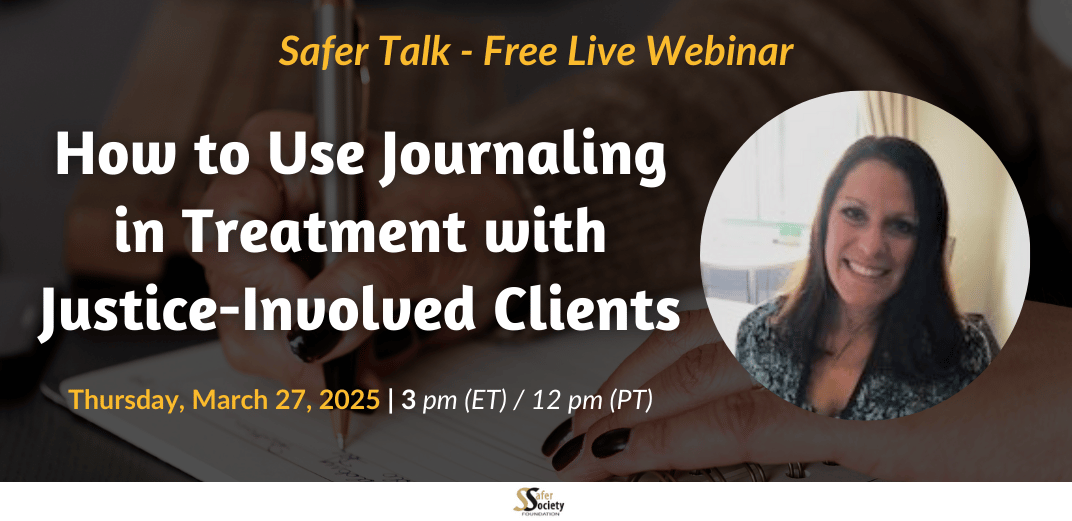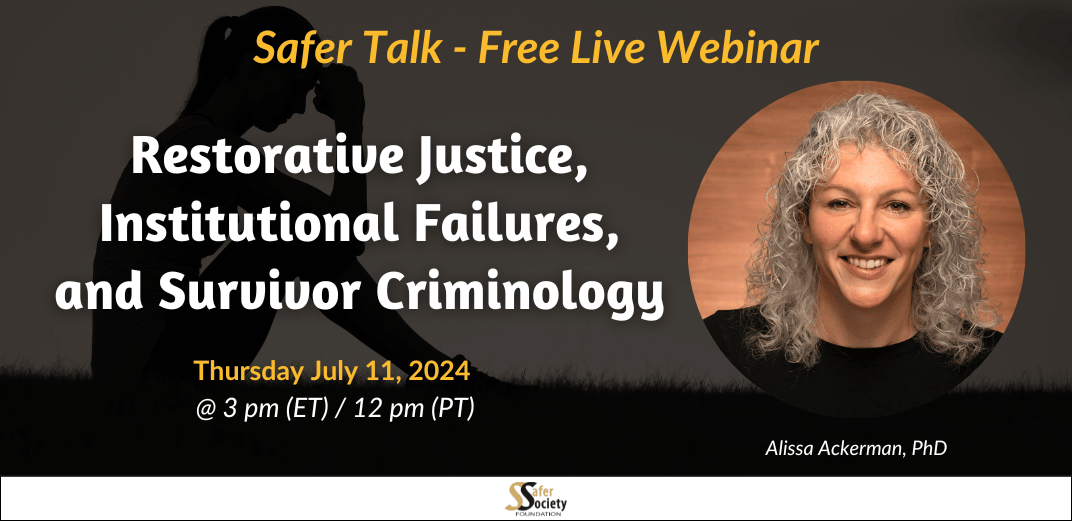
Restorative Justice, Institutional Failures, and Survivor Criminology
In this webinar, Dr. Ackerman shares her experiences navigating the complexities of RJ in these challenging circumstances. She discusses how the field has grown while highlighting areas where gaps and opportunities for improvement remain. She then describes her work with Survivor Criminology, a trauma-informed approach to the study of crime and justice that stems from the lived experiences of crime survivors. Dr. Ackerman’s expertise in Survivor Criminology provides a unique perspective on addressing the needs and experiences of survivors within the criminal justice system.

